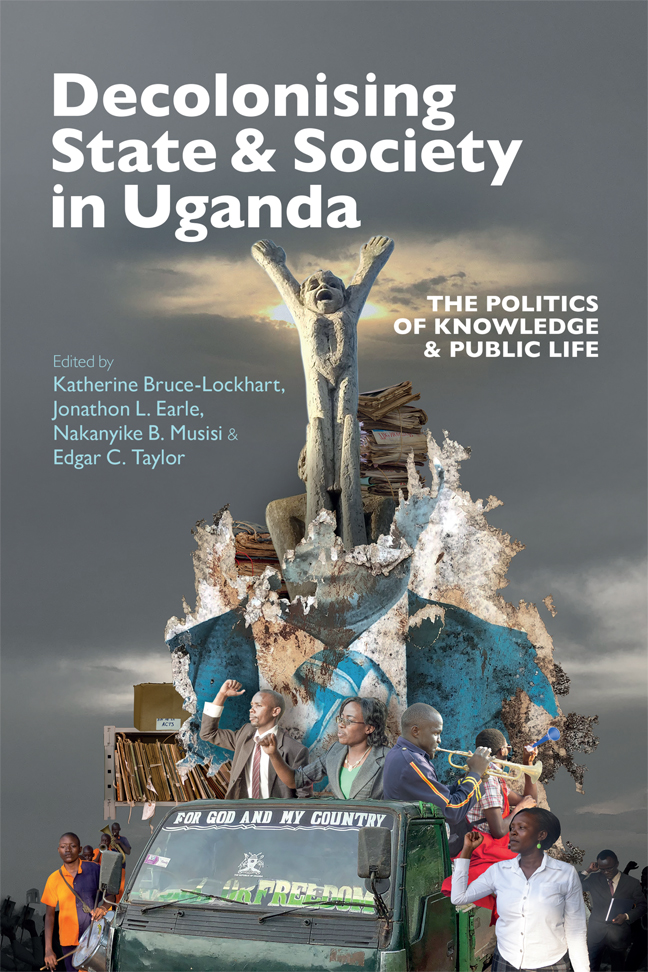8 - Local Knowledge and Knowledge of the ‘Locals’: The Political Ambivalence of Bureaucratic Knowledge in Uganda's Villages
Published online by Cambridge University Press: 15 February 2024
Summary
On 10 July 2018, for the first time in seventeen years, Ugandans elected their leaders at the village level (Local Council 1, or LC1). A few days later, government instructed that ‘all outgoing elected local council leaders are expected to handover government property in their possession’. This came among reports that some incumbents had refused to hand over their records after the election. A few weeks earlier, I had asked a chairman in Kampala about whether he would hand over his records to his successor. He paused and said: ‘They’re my papers’. This was not always the case. Most of the former chairpersons I met handed over their papers. But most had an affective relationship with the documents and data they had produced about their constituents.
This chapter proposes to explore the relationship between knowledge and institutions by taking seriously the work of people who are not often considered as proper ‘producers of knowledge’. LC1 executives have been pictured as the irrelevant underlings of a remote State. The work they accomplish, keeping records, writing letters, filling forms, taking minutes, and other forms of ‘pragmatic writings’, is rarely seen as ‘creative writing’. These tasks are usually not seen as accommodating subjectivities: bureaucracy, by definition, is supposed to be neutral. These writings are indeed strongly standardised, but they do accommodate some agency, and they are still meaningful sociologically. As Coton and Proteau say, ‘writing classifies ⦠as much those who write as those who are written’. Indeed, the skills requested by such writings favour the acquisition or reinforcement of capacities that are unequally distributed within society; and as much as they are standardised, these writings can have political meaning. Although subaltern, these knowledge producers can create new patterns of exclusion or reinforce existing ones. They have social resources that they use in order to put in place relatively personal regimes of documentation that fit their ambitions and socio-professional ethics.
Although local chiefs also produce data on land transactions and document local courts proceedings, this chapter is mainly focused on the ways in which they produce knowledge on their constituents’ identity.
- Type
- Chapter
- Information
- Decolonising State and Society in UgandaThe Politics of Knowledge and Public Life, pp. 170 - 196Publisher: Boydell & BrewerPrint publication year: 2022



